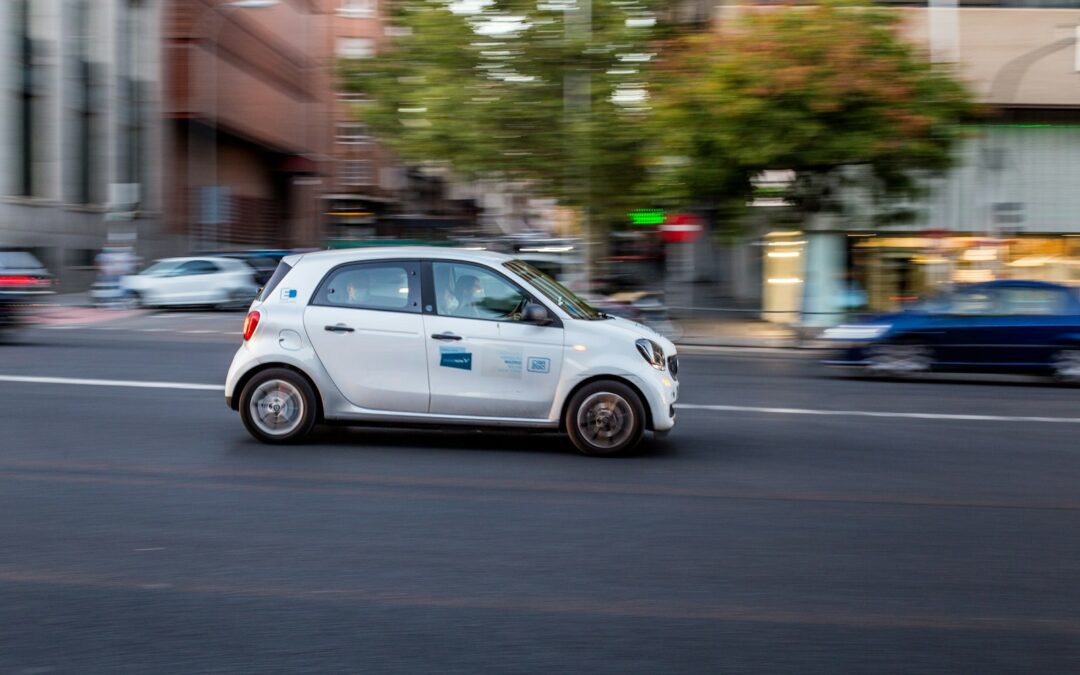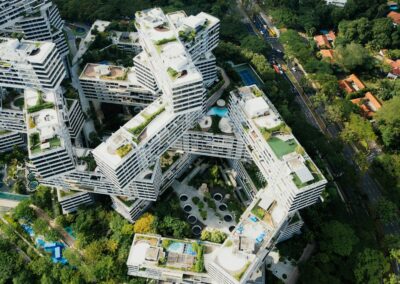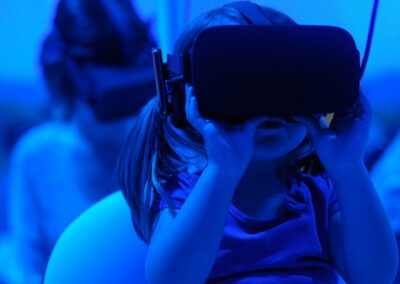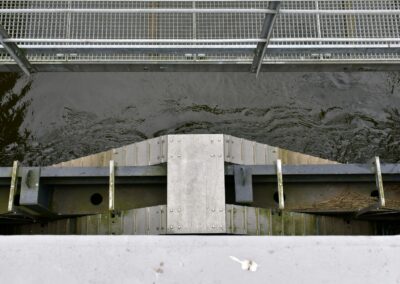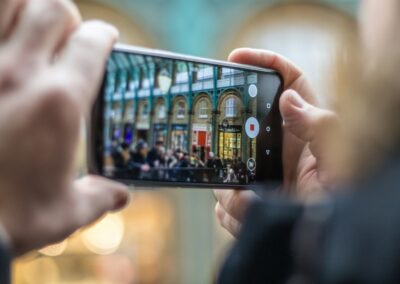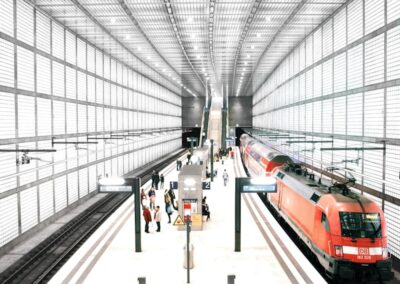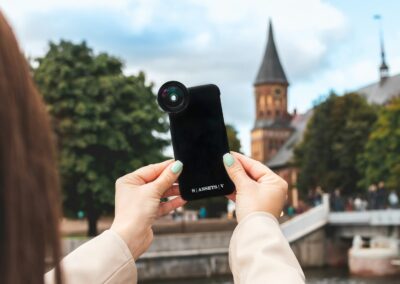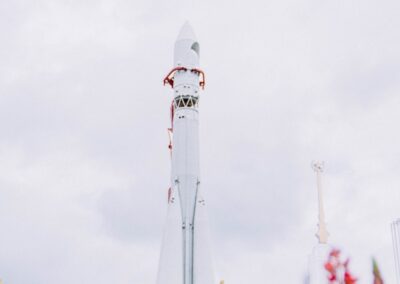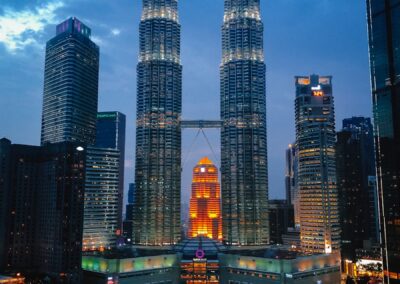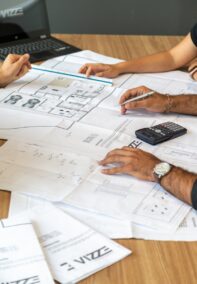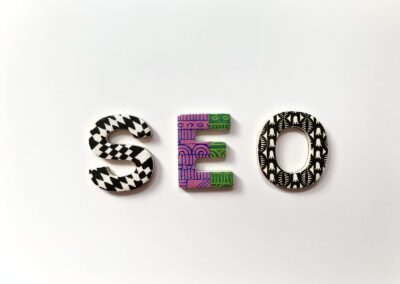The Role of Digital Twins in Shaping the Future of Urban Environments in Saudi Arabia and the UAE
Enhancing Urban Planning with Digital Twins
The implementation of digital twins in smart cities is transforming how urban environments are planned and managed. Digital twins provide a virtual representation of physical urban spaces, integrating real-time data from sensors, IoT devices, and other sources to create a dynamic and interactive model of a city. This technology enables city planners and managers to simulate various scenarios and assess the impact of different strategies before they are executed in the real world.
In cities across Saudi Arabia and the UAE, such as Riyadh and Dubai, digital twins are increasingly being used to enhance urban planning processes. These virtual models allow for a more comprehensive understanding of urban dynamics, including traffic flow, energy consumption, and environmental conditions. By analyzing this data, city planners can make informed decisions that improve the efficiency of urban infrastructure, optimize resource allocation, and address potential issues before they arise.
For instance, in Dubai, where rapid urban development is a key focus, digital twins can facilitate the integration of new infrastructure projects into existing urban landscapes. By visualizing the effects of new developments in a virtual environment, planners can ensure that new projects align with the city’s overall strategic goals and enhance the quality of life for residents. This proactive approach helps to create more sustainable and resilient urban environments.
Improving Urban Management with Digital Twins
Beyond planning, digital twins in smart cities offer significant benefits for urban management. These digital models provide real-time insights into the performance of city systems, including transportation networks, utilities, and emergency services. By continuously monitoring these systems, city managers can quickly identify and address issues, improving the overall efficiency and effectiveness of urban services.
In Saudi Arabia, where cities are embracing smart technologies, digital twins are playing a crucial role in enhancing urban management practices. For example, in Riyadh, the use of digital twins can help optimize traffic management by simulating and analyzing traffic patterns, leading to better traffic flow and reduced congestion. Similarly, digital twins can be used to monitor and manage energy consumption, ensuring that resources are used efficiently and sustainability goals are met.
Moreover, digital twins facilitate better coordination among various urban management departments. With a centralized virtual model, different stakeholders can access real-time data and collaborate more effectively. This integration enhances transparency and enables a more coordinated response to urban challenges, contributing to the overall success of smart city initiatives.
Future Prospects and Strategic Implementation
The future of digital twins in smart cities is promising, with advancements in technology continuing to enhance their capabilities. As cities like Dubai and Riyadh further integrate AI, machine learning, and other advanced technologies with digital twins, the potential for these models to drive innovation and improve urban living will expand. Businesses and governments must strategically implement digital twins by investing in the necessary infrastructure and fostering a culture of innovation.
Executive coaching services can play a pivotal role in guiding leaders through the adoption and integration of digital twins. Coaches can help organizations develop strategies for leveraging digital twins effectively, manage the transition to smart city technologies, and build the skills needed to harness their full potential. By providing expertise and support, executive coaches ensure that businesses and municipalities can navigate the complexities of smart city development successfully.
In conclusion, the integration of digital twins into smart city initiatives represents a significant advancement in urban planning and management. By providing virtual replicas of urban environments, digital twins offer valuable insights that enhance decision-making, improve efficiency, and promote sustainability. As technology continues to evolve, the role of digital twins in shaping the future of urban environments will become increasingly crucial. Embracing these innovations will be key to achieving success in the development of smart cities across Saudi Arabia, the UAE, and beyond.
#digitaltwins, #smartcities, #urbanplanning, #SaudiArabia, #UAE, #Riyadh, #Dubai, #moderntechnology, #AI, #generativeAI, #businesssuccess, #executivecoaching

